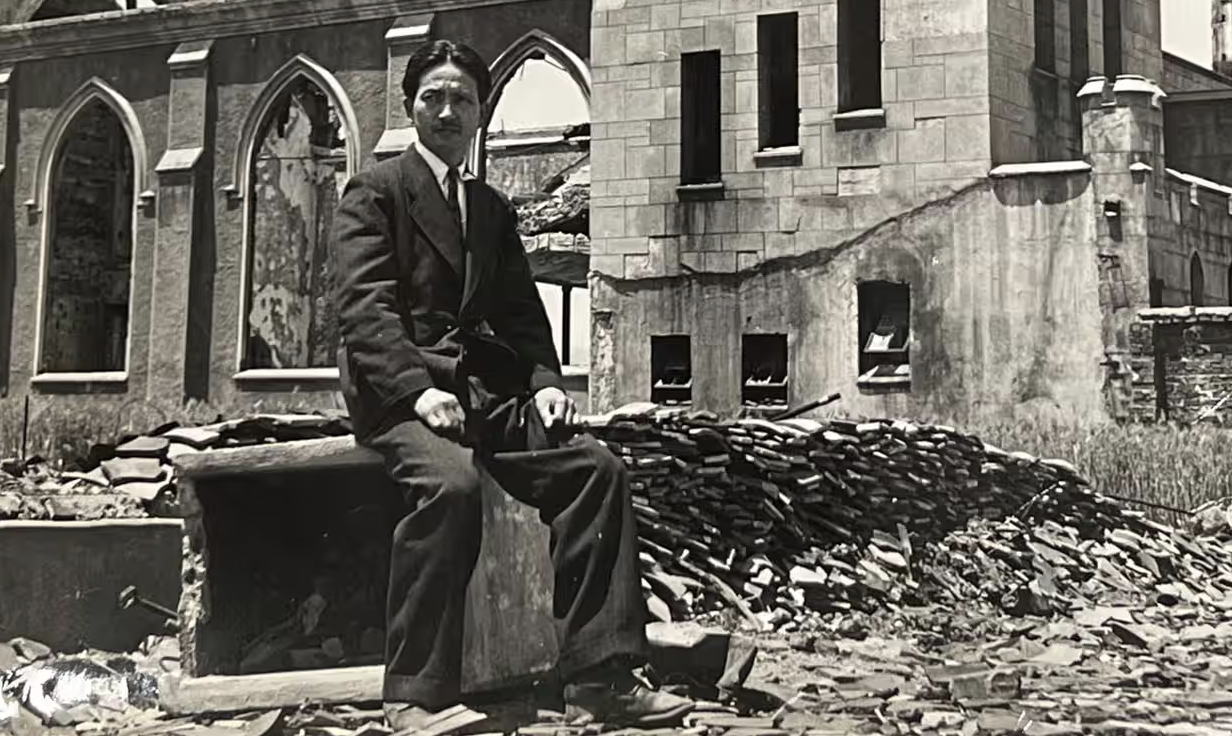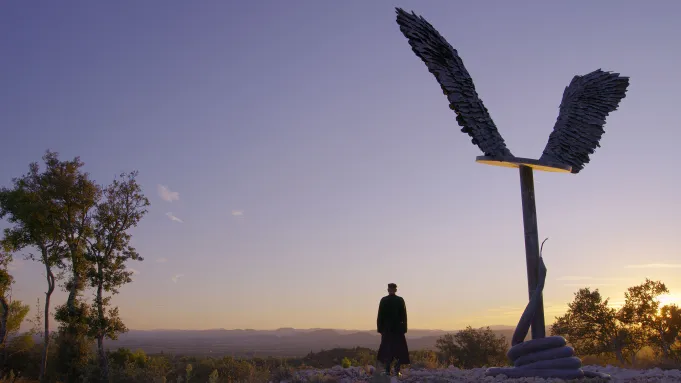A major feature film on Hiroshima is going into production, inspired in part by an unpublished memoir of a Japanese man who witnessed the devastation of the city after the atomic bomb was dropped in 1945. Scriptwriter Elisabeth Bentley was taken aback by the personal recollections of Kiyoshi Tanimoto in a 230-page memoir that she unearthed in a US archive, The Guardian reported.
A Christian convert, Tanimoto was a Methodist priest whose life was saved because he was moving a large wardrobe to another town on a cart when Hiroshima was bombed.
In his memoir, he wrote of doubting his own senses when he first saw the devastation from two miles away: “The whole city was covered in dark clouds and conflagrations were breaking out in various directions … I was terribly afraid. It was then that black drops of rain, as big as raspberries, began to fall.”
Returning to the city, he encountered “a world that had never before been seen or even imagined”: “A terrible hot blast of wind, forming a whirlwind, took everything up in the air. Red-hot iron shards and burning boards were spiralling in the air. This whirlwind, which avoided the furious fires, caught me walking on the walls. I was carried seven or eight feet, just as if I were swimming into the air … For a moment, I could not breathe.”
He added: “The atomic bomb was a terrifying weapon, but it was man’s fighting spirit that made the war more terrible.”
Japan had refused to surrender until the American bombing raids on the Japanese cities of Hiroshima and Nagasaki, marking the first use of atomic weapons in war. While tens of thousands were killed in the initial explosions, many more suffered radiation poisoning.
Bentley unearthed Tanimoto’s memoir – a translation in poor English, typed out on onion-skin sheets – in the Beinecke Rare Book and Manuscript Library at Yale in New Haven, Connecticut. It was among the papers of John Hersey, an American Pulitzer prizewinner who died in 1993. The two men had befriended one another when Hersey went to Hiroshima eight months after the bomb and wrote Hiroshima, a 1946 nonfiction account of survivors.
He described how Tanimoto had tried to help a woman whose “skin slipped off in huge, glove-pieces”. The New Yorker devoted an entire issue to Hersey’s reportage, which has been described as the most important journalistic achievement of the past century.
Tanimoto died in 1986 aged 77, and his memoir is now “the central inspiration” for the forthcoming film, titled What Divides Us, which will reflect the horrors suffered by ordinary Japanese civilians while not ignoring the extreme brutality of Japanese atrocities towards their enemies. British prisoners of war were among those who suffered unspeakable torture at the hands of their Japanese captors.
Bentley conducted extensive research for her earlier second world war films, including Terrence Malick’s A Hidden Life, about Franz Jägerstätter, an Austrian conscientious objector.
The new film comes after the success of Oppenheimer, a biopic about the man who created the bomb that was dropped on Hiroshima. “Oppenheimer ends and the bomb’s been dropped,” said the new film’s producer, Donald Rosenfeld. “We pick up at the bomb’s impact.
“Hersey gets permission from the US War Department to go into an absolutely closed zone – which is Hiroshima – as a reporter. Everyone from [US president Harry] Truman to generals were against it. They said: ‘This is not to be exposed at this point.’ Hersey went, and wrote what’s considered probably the greatest piece of experiential journalism in history.”
Noting that Hal Wallis and Joseph Hazen, who made Elvis Presley’s movies, approached Truman about making such a film with backing from Warner Bros, Rosenfeld said that, for Truman, it was too soon: “He was the man who gave the order to drop the bomb. So he was particularly conflicted – deeply guilt-ridden. I think he just wanted it to go away.”







